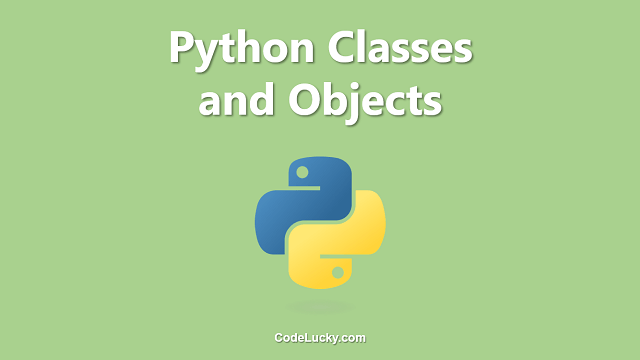The callable() function in Python is a built-in function that is used to check if an object is callable or not. In Python, an object is considered callable if it can be called like a function, i.e., if it has a __call__ method that can be invoked.
Syntax
callable(object)
object – the object to be tested for callability.
Return value
The callable() function returns True if the object is callable, and False otherwise.
Examples
Example 1: Testing a function
def func():
print("Hello, World!")
print(callable(func))
Output: True
Example 2: Testing a class
class MyClass:
def __call__(self):
print("Hello, World!")
obj = MyClass()
print(callable(obj))
Output: True
Example 3: Testing an integer
n = 10 print(callable(n))
Output: False
In conclusion, the callable() function is a useful tool for checking if an object is callable in Python. It returns True if the object has a __call__ method that can be invoked, and False otherwise. This function can be used to avoid TypeError exceptions when calling objects that are not callable.







